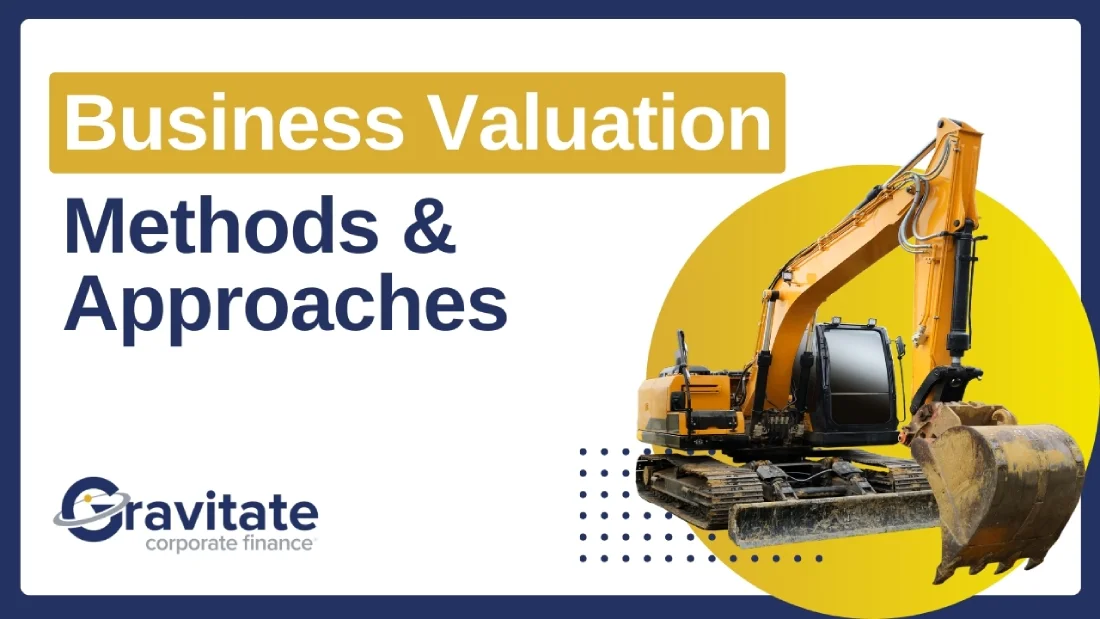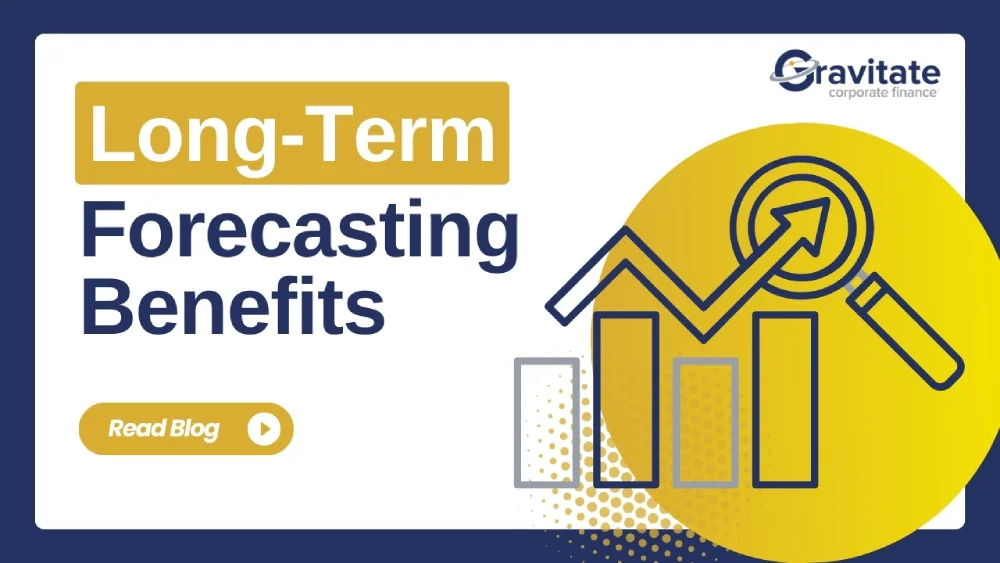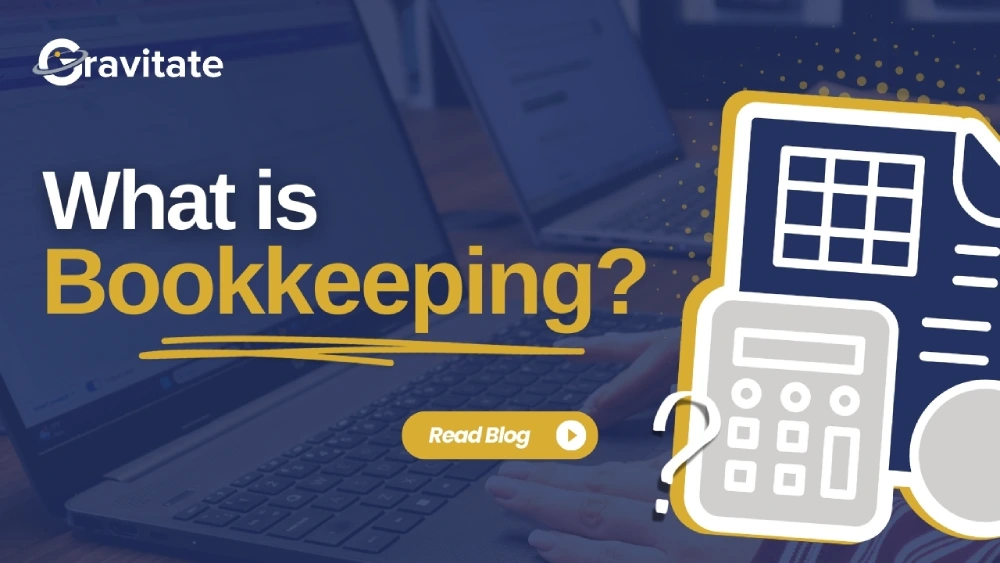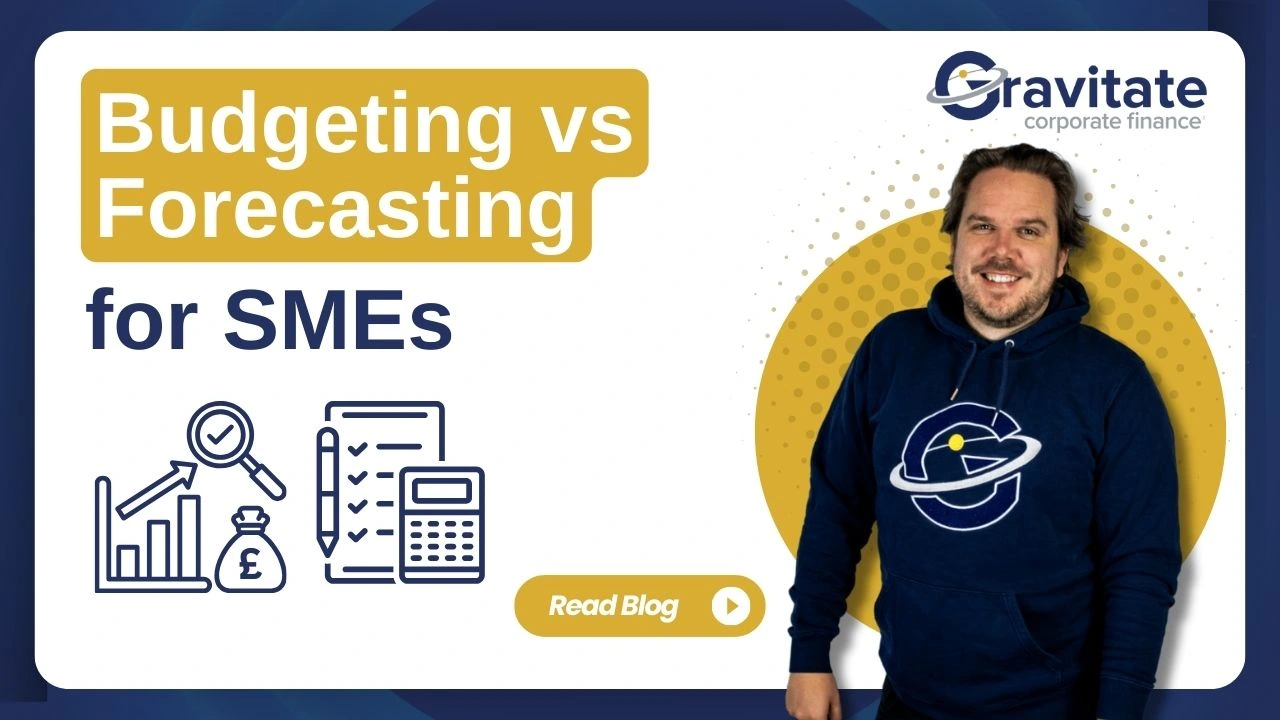When a business owner passes away, their estate to be valued may include shareholdings or private business interests. Among the first steps in managing a deceased person’s estate is determining the value of these assets, and when a business is involved, this becomes more complex.
The business probate valuations is a formal assessment of a company’s worth at the time of an owner's death. This is crucial for calculating inheritance tax (IHT) as well as managing the distribution of the assets among beneficiaries in a compliant way.
Understanding these rules is critical for all parties involved, including heirs, legal representatives, and any business partners/shareholders who remain.
What are probate valuations, and why are they different?
Unlike commercial valuations prepared for sales or investment purposes, a probate valuation has legal and tax consequences. It must reflect the market value at the exact date of death and be capable of withstanding scrutiny from HMRC and, where relevant, the courts. This makes the process more complex and requires specialist expertise.
What does probate mean?
Probate is a legal process that happens after a person dies. It involves the verification of their will, identifying and inventorying their property, appraising it and distributing the remaining assets as the will (or intestacy rules) dictate. It also involves settling any debts and paying appropriate taxes.
What business assets need valuing for probate?
For probate purposes, business assets will include ownership interests, like company shares, an interest in a partnership or sole trader businesses.
When an owner dies, all these assets become a part of their estate, and their value must be determined to meet probate obligations. An incorrect or indefensible valuation could mean delays, additional taxes, or legal disputes.
What size business may require probate valuation?
Where the value of the deceased’s estate exceeds the inheritance tax (IHT) threshold of £325,000 including the business, a formal probate valuation is a recommendation as it can be used for evidence for HMRC and HM Courts, alongside quantifying potential relief against Inheritance Tax.
Even with smaller estates that don’t pass the threshold, a probate valuation is often advised to avoid disputes or incorrect distribution to beneficiaries.
Who needs a business probate valuation?
The business probate valuation is important for several parties involved with the deceased person’s estate, including:
- The executors (or administrators) of the estate
- The beneficiaries
- Solicitors
- Accountants
- Business partners or co-shareholders
What does a business probate valuation involve?
A business probate valuation has four main purposes, which are all linked to the tax and inheritance situation overall.
- Calculating the deceased individual’s Inheritance Tax (IHT) liability accurately
- Assisting in the fair distribution of assets among beneficiaries
- Ensuring transparency in reporting to HMRC
- Providing a factual basis for the estate’s overall valuation
How does a business probate valuation affect Inheritance Tax?
The valuation directly impacts the calculation of Inheritance Tax (IHT). An incorrect or poorly supported valuation may lead to underpaid tax, penalties, interest, or challenges from HMRC. Where Business Relief is claimed, the valuation becomes even more critical, as HMRC may closely examine both the value and eligibility.
Can HMRC challenge a probate valuation?
Yes. HMRC may review and challenge valuations if they believe the figures are inaccurate or unsupported. This can lead to delays, additional tax liabilities, or disputes. Using an experienced professional significantly reduces this risk.
Example
If someone dies owning 60% of a private limited company, the value of those shares must be established in line with current market conditions, business performance, and any minority shareholding discounts. HMRC is likely to scrutinise these valuations closely, so it’s essential that qualified advice is sought.
If the estate claims Business Relief (formerly Business Property Relief), the valuation becomes even more important because HMRC may challenge the claim.
How Gravitate can help
Gravitate are accountants, tax and corporate finance advisers, not solicitors, so we do not assist clients with the probate process. However, we have close partnerships with solicitors that do.
For solicitors managing probate, we understand this can be one of the most complex and time-consuming parts of the process.
We provide specialist business valuation reports specifically designed for use in probate. Our reports, which meet all HMRC requirements, are clear and fully backed by data, helping ensure your clients’ estates can be submitted correctly with minimal risk of challenge.
Why work with us?
- We understand all commercial valuation regulations and can ensure HMRC compliance
- We can deliver an accurate valuation with a quick turnaround
- Simple, tiered pricing with no surprise bills
- Responsive support to help solicitors explain valuations to executors or beneficiaries
Prices start at £2,500 + VAT for a formal report, and complexities are assessed at the outset to determine whether additional fees may apply.
Martin Dean FCCA has over 10 years’ experience in valuing owner-managed SME business across multiple sectors, combining technical accuracy with commercial realism.
We can provide an accurate, cost-effective valuation at the date of death.
As a sensitive process, we know how important it is for probate to go smoothly, and our goal is to help all parties achieve this when business interests add complexity to an estate. Contact us today if you'd like to learn more.

.png)


.png)

.png)
.png)

.png)
.png)
.png)













.png)
.png)
.png)

.png)
.png)

.png)

















.jpg)

.webp)
.png)

.svg)
